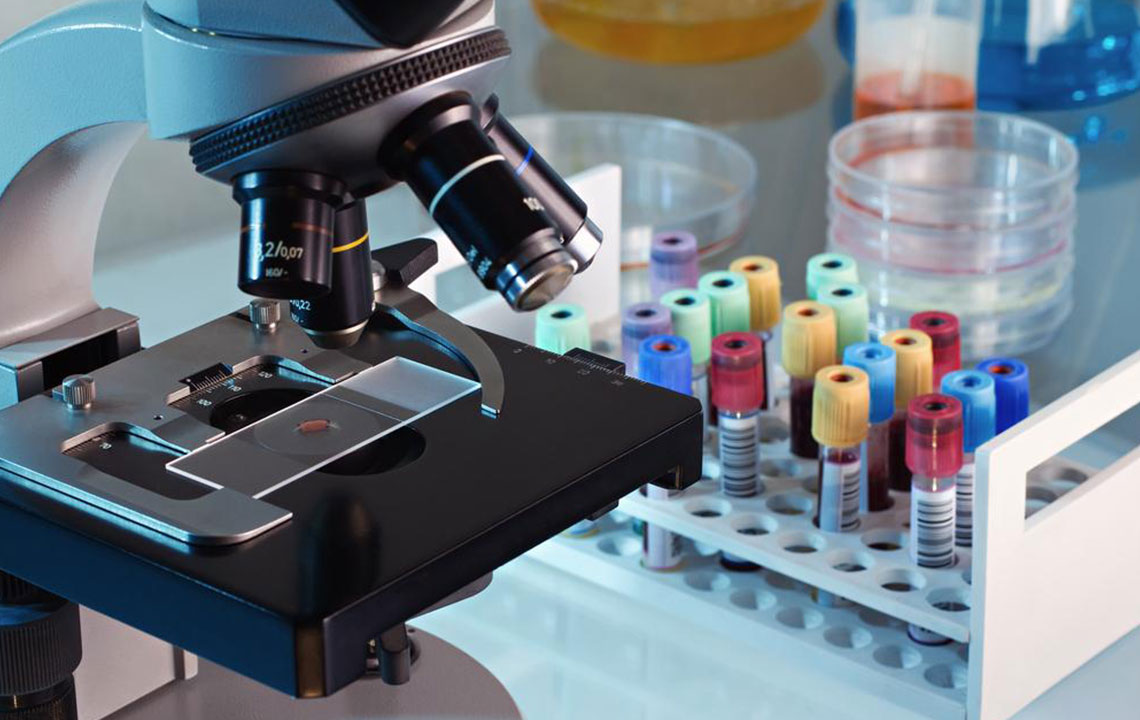3 Things to Know Before Using a DNA Testing Kit
There has been an exponential growth in the popularity of the usage of personal DNA testing over getting DNA testing done at hospitals or clinics. One of the major reasons for this is the affordable nature of this DNA testing technique. The comfort of getting the DNA test done in your own home is another strong reason for the popularity of this type of testing method. The DNA testing in hospitals and clinics is carried out using different technologies and various methods and tends to be expensive.

A simple procedure – You might think that using a DNA testing kit at home can be a tough task and might include multiple complications, but that is not the case. All you need is a small sample of your saliva to perform the test. Seal a sample of your saliva in the provided container and send it to the lab. You can also swab the inside of your cheek for the sample. There are many different players in the DNA testing kit market and most of them offer affordable DNA testing. DNA testing kits from popular brands such as Family Tree DNA, AncestryDNA, MyHeritage DNA, Living DNA, and 23andMe have prices that start from $69 and go up to $199. The price for some brands depends on the type of test that has been chosen. You can always resort to the International Society of Genetic Genealogy’s list to check the companies’ offerings for DNA testing.
The lab tests for genetic variations called single nucleotide polymorphisms (SNPs) – Once the sample of your cheek swab or saliva has been received, the DNA testing labs will look for certain genetic variations in your DNA. The primary building blocks of a DNA are chemical bases that are called nucleotides. They come in four varieties: A, T, C, and G (adenine, thymine, cytosine, and guanine). The body comprises of 3 billion pairs of these chemicals, which means that there are 6 billion letters altogether. The genetic formation of these chemicals is known as the genome. The testing labs determine which one of the four letters is present in your genome at multiple locations. The sequence for these nucleotides is similar in most individuals, however, the specific letters vary from person to person. The labs focus on specific letters, which are known as single nucleotide polymorphisms (SNPs). The SNPs have various biological relevance and are the reason for physical features. Thus, if you have one variant of SNPs that is close to the OCA2, there is a high chance that you might have blue or green eyes.
Accuracy is based on the testing methods – Many DNA testing companies follow a common method that is known to achieve results with approximately 99.99% accuracy. However, testing methods from lab tests performed by these companies cannot be trusted entirely. An affordable DNA testing kit might not give you the desired results as they do not perform various tests. Some brands will only perform a couple of tests that will tell customers about their strength, intelligence, and speed. If you opt for a pricier DNA testing kit, you will get more detailed results as they run a large number of different tests. Make sure to stay away from companies that offer to give you results that can tell you which sports to play and your optimal diet even if they offer an affordable DNA testing kit.
There is a rapid downfall in the price of DNA testing and it has become exceedingly affordable. Due to this, there are many companies that are offering a more in-depth test. Their tests go beyond SNPs and focus on the order of all the letters, which is known as sequencing. Sequencing is an important testing method for doctors and scientists, but it is not required for regular DNA testing kits. Most doctors are also asking for sequences of multiple genes or whole exomes; you must not allow this as it can hamper the test results. The inclusion of a new test to the testing process can increase the risk of false positives. This means that involving multiple unnecessary tests in the process can lead to the person receiving an overall inaccurate test result. The type of DNA testing is similar to MRIs. As most doctors believe that a detailed DNA testing result or an MRI can make you believe that you have a certain condition. All in all, using affordable DNA testing kits are not harmful to you, but it is important to run a background check on the brand that you are choosing for your DNA testing.

